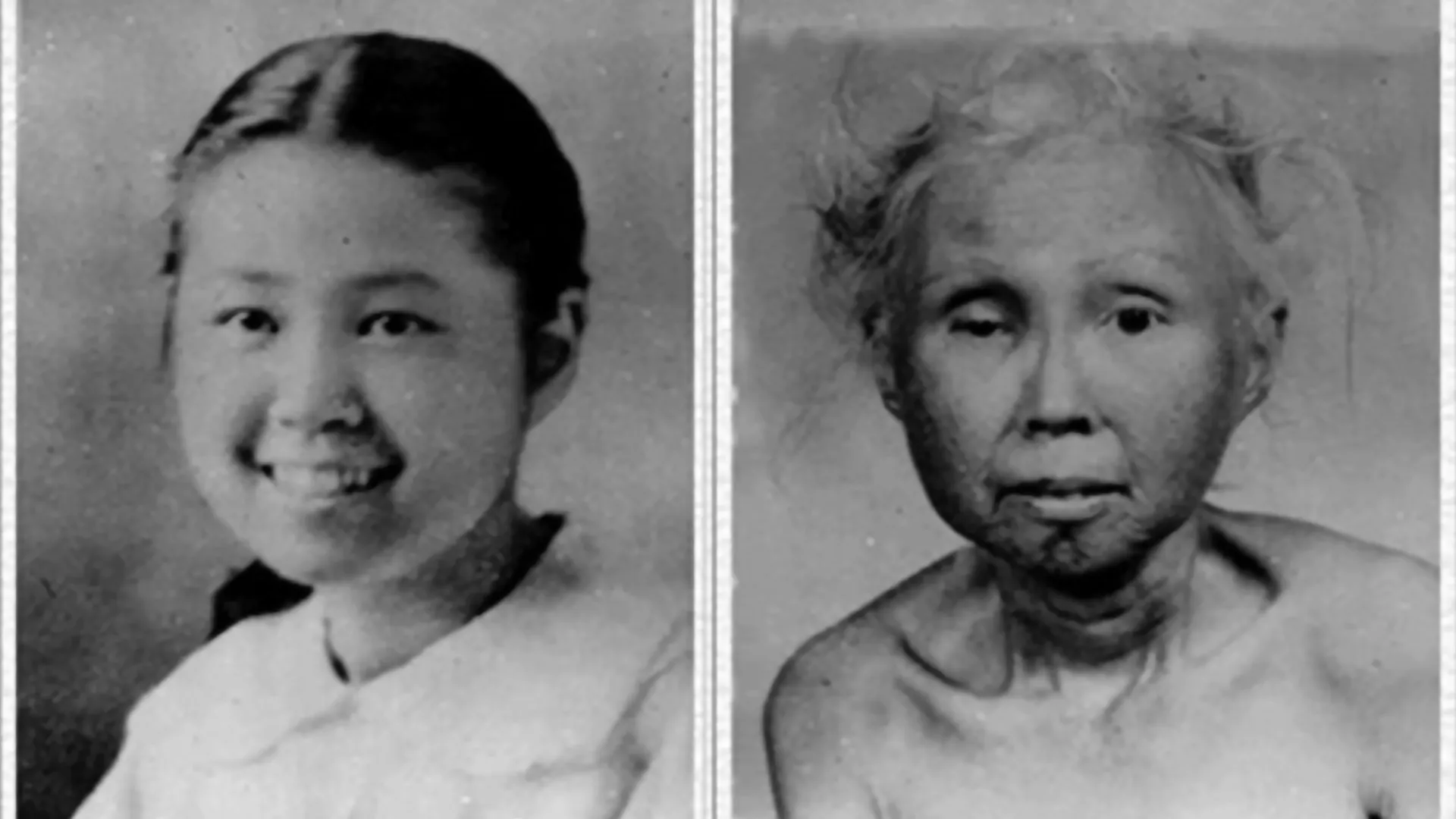Common supplement reverses premature aging in landmark human trial
Researchers reported that nicotinamide riboside, vitamin B3 derivative, enhances cardiovascular, skin, and kidney health in patients with progeroid disease
- Date:
- June 9, 2025
- Source:
- Chiba University
- Summary:
- A rare genetic disorder called Werner syndrome causes premature aging and devastating health complications from an early age, yet treatment options have been lacking. New hope emerges from Chiba University, where researchers conducted the first clinical trial using nicotinamide riboside (NR), a precursor to NAD+ that s been linked to anti-aging effects. The double-blind trial revealed that NR not only safely boosted NAD+ levels but also improved cardiovascular health, reduced skin ulcers, and helped protect kidney function in patients.
- Share:

Werner syndrome (WS), a rare genetic disorder that causes accelerated aging. From their twenties, patients develop gray hair, hair loss, cataracts, diabetes, and other age-related conditions normally seen in the elderly. Additionally, patients develop severe and untreatable skin ulcers, often requiring limb amputation, and face early death from cardiovascular diseases or cancer. This debilitating condition, which affects approximately nine per million people in Japan, lacks effective treatment options.
Interestingly, a recent study from the Bohr lab (Nat Commun, 2019 Nov 21;10(1):5284) showed that patients with WS model systems and patients had decreased levels of nicotinamide adenine dinucleotide (NAD+), a biomolecule crucial for cellular energy production, DNA repair, and various metabolic processes. This finding suggested that NAD+ depletion may contribute to the progression of the disease. While direct NAD+ supplementation isn't feasible in mammals, using its precursor -- nicotinamide riboside (NR) from Niagen Bioscience -- has shown promising results in animal studies, extending lifespan and protecting against age-related decline. In human clinical trials, NR has also demonstrated benefits against chronic inflammation, metabolic disorders, and muscle weakness across various populations. However, the effects of NR in WS remained largely unexplored -- until now.
In a recent study, a research team led by Associate Professor Masaya Koshizaka from the Center for Preventive Medical Sciences, Chiba University/Department of Diabetes, Metabolism and Endocrinology, Chiba University Hospital, Japan, conducted the world's first rigorous clinical trial of NR in patients with WS. Their paper, published in Aging Cell on June 03, 2025, was co-authored by University President Koutaro Yokote, Assistant Professor Hisaya Kato, Associate Professor Yoshiro Maezawa, and Assistant Professor Mayumi Shoji, all from Chiba University, along with Affiliate Professor Vilhelm Bohr from the University of Copenhagen, Denmark.
This groundbreaking work involved a randomized, double-blind, placebo-controlled trial to evaluate the safety and effectiveness of NR supplementation. The research team enrolled patients with WS in a crossover design, where participants received either a daily dose of NR or a placebo for 26 weeks, switched treatments for another 26 weeks. Researchers tracked NAD+ blood levels, skin ulcer size, arterial stiffness, and kidney function.
NR supplementation significantly increased NAD+ levels in patient blood compared to placebo. Importantly, NR improved arterial stiffness (a marker of cardiovascular disease risk), reduced the skin ulcer area, and appeared to slow the progression of kidney dysfunction -- all without any serious side effects. Moreover, a comprehensive examination of metabolites in blood revealed that NR treatment reduced levels of creatinine and other compounds associated with kidney dysfunction. This suggests that NR may help protect kidney function, addressing another serious complication of WS.
Dr. Yasmeen Nkrumah-Elie, Global Director of Niagen Bioscience's External Research Program called CERP, commented, "this study represents a significant step forward in understanding how NAD+ restoration with NR may help address the underlying biology of WS. By supporting cardiovascular, skin, and kidney health, NR shows potential to improve the quality of life for patients with this devastating condition. We are proud to support Chiba University's groundbreaking research as part of our ongoing commitment to advancing NAD+ science for rare and underserved diseases."
The treatment's multiple benefits across many different organ systems indicate that NAD+ depletion may be a fundamental mechanism in WS that can be targeted therapeutically. "Our findings suggest NR could serve as a valuable treatment option for two major symptoms, arteriosclerosis and skin ulcers, as well as for preventing kidney function decline," explains Dr. Koshizaka. The results are particularly significant given that untreatable skin ulcers affect well over 70% of patients with WS, often leading to amputation, while cardiovascular disease remains a leading cause of early mortality in this population.
Though larger studies are needed to extend these findings, this pioneering research offers new hope for patients with WS who have long lacked effective treatment options. Beyond its immediate implications for this rare condition, the study also provides valuable insights into the biology of aging and potential interventions to address age-related decline more broadly.
"We hope our work will accelerate studies on not only WS but also other premature aging disorders and common age-related diseases -- ultimately helping to extend health span and improve quality of life in both patients and the broader population," concludes Dr. Koshizaka.
Story Source:
Materials provided by Chiba University. Note: Content may be edited for style and length.
Journal Reference:
- Mayumi Shoji, Hisaya Kato, Masaya Koshizaka, Hiyori Kaneko, Yusuke Baba, Takahiro Ishikawa, Naoya Teramoto, Daisuke Kinoshita, Ayano Yamaguchi, Yukari Maeda, Yosuke Inaba, Yuki Shiko, Yoshihito Ozawa, Vilhelm A. Bohr, Yoshiro Maezawa, Koutaro Yokote. Nicotinamide Riboside Supplementation Benefits in Patients With Werner Syndrome: A Double‐Blind Randomized Crossover Placebo‐Controlled Trial. Aging Cell, 2025; DOI: 10.1111/acel.70093
Cite This Page: